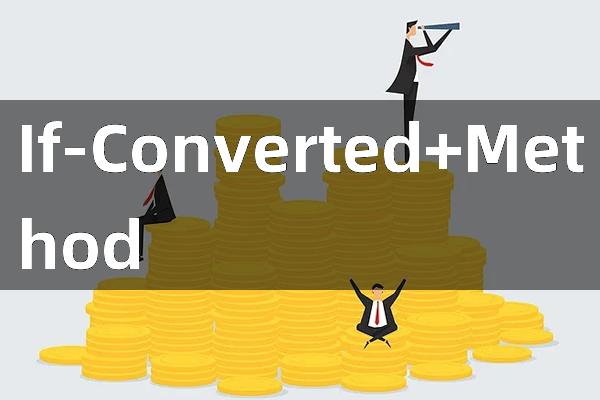If-Converted Method
网友投稿• 2022-01-05 16:26:30 •阅读99

A method used to calculate the share impact of convertible securities if they were converted into new shares. Only in-the-money convertible securities (securities where the stock price is above the exercise price) are considered in the if-converted method.
This method assumes that convertible securities are converted at the beginning of the fiscal period or at the time of issuance, whichever is later. The number of new shares is calculated on the basis of the convertible securities' conversion ratio.
Taobiz explains If-Converted Method
Convertible debt that is converted into stock increases share dilution but reduces interest expense, which is a tax-deductible expense for a company. For example, a company with a $20 million convertible debenture carrying an interest rate of 5% would incur an annual interest expense of $1 million. The if-converted method takes this into account by adding after-tax interest savings arising from the conversion to earnings per share (EPS), which offsets the dilution caused by the new shares.
本文来源于网友自行发布,不代表本站立场,转载联系作者并注明出处

